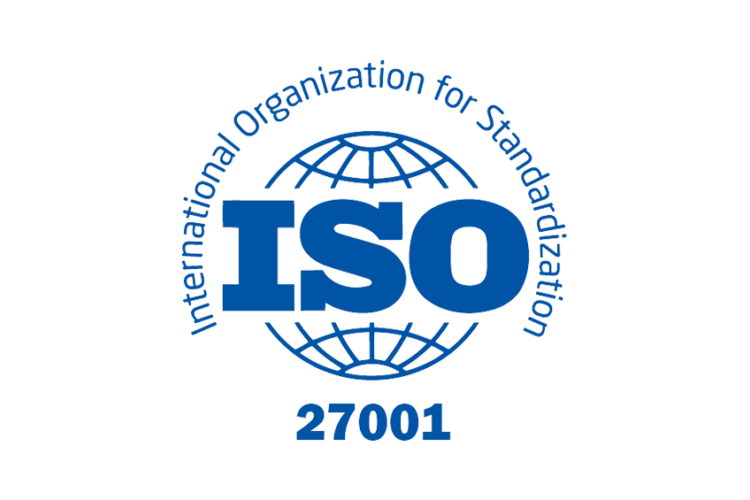Denied claims are one of the biggest financial challenges for healthcare providers. A high denial rate leads to lost revenue, increased administrative costs, and delayed patient care. According to industry reports, denial rates have been rising, with nearly 10% of all claims being denied.
To ensure financial stability and efficient Revenue Cycle Management (RCM), healthcare providers must focus on reducing claim denials and improving claim accuracy. This blog explores common reasons for denials and proven strategies to prevent them.
1. Understanding the Impact of Claim Denials
Denied claims don’t just mean a temporary loss of revenue—they create a cycle of rework that:
- Increases administrative costs
- Leads to delays in payments
- Lowers overall cash flow
- Reduces patient satisfaction
A high denial rate can also trigger audits and compliance risks, putting the financial health of a healthcare organization at risk.
2. Common Reasons for Claim Denials
To reduce claim denials, it’s essential to understand why they happen. Some of the most frequent reasons include:
1. Incorrect Patient Information
Simple errors like misspelled names, incorrect birth dates, or wrong insurance IDs can result in claim denials.
2. Eligibility and Coverage Issues
Submitting claims for services not covered by a patient’s insurance plan can lead to automatic denials.
3. Coding Errors and Inaccuracies
Using outdated codes, mismatched CPT and ICD-10 codes, or missing modifiers can trigger rejections.
4. Lack of Prior Authorization
Certain procedures require pre-approvals from insurers. Failing to get them can lead to a denied claim.
5. Missing or Insufficient Documentation
Payers often require supporting documents to justify medical necessity. Incomplete or missing records can result in claim rejection.
6. Duplicate Claims
Submitting a claim more than once—even by mistake—can flag it as fraudulent or erroneous, leading to denial.
7. Timely Filing Issues
Each insurance provider has a specific timeframe for claim submission. Missing deadlines can result in automatic denials.
8. Coordination of Benefits (COB) Errors
If a patient has multiple insurance plans, an incorrect primary payer selection can lead to denial.
3. Strategies to Reduce Denials and Improve Claim Accuracy
Reducing claim denials requires a proactive, data-driven approach. Here are some key strategies to improve claim accuracy:
1. Verify Patient Information and Insurance Eligibility
- Use automated eligibility verification tools to confirm coverage before appointments.
- Double-check patient details, insurance policy numbers, and group IDs.
- Train front-desk staff to capture accurate data during patient registration.
2. Ensure Proper Medical Coding and Documentation
- Invest in certified medical coders who are trained in ICD-10, CPT, and HCPCS coding.
- Use automated coding tools and AI-driven coding audits to catch errors before submission.
- Stay updated with code changes and payer-specific requirements.
3. Automate Prior Authorizations
- Use electronic prior authorization (ePA) tools to speed up approval processes.
- Train staff to recognize which procedures require prior approvals.
- Maintain a database of payer-specific pre-authorization rules.
4. Implement a Strong Claims Scrubbing Process
- Use claims scrubbing software to catch errors before claims are submitted.
- Set up rules-based edits that align with payer-specific guidelines.
- Regularly audit rejected claims to identify patterns and trends.
5. Train Staff on Best Practices
- Conduct regular training for billing teams on documentation, coding updates, and payer policies.
- Encourage clear communication between clinical and billing departments.
- Implement standardized workflows to ensure consistency.
6. Track and Analyze Denial Trends
- Maintain a denial management dashboard to monitor denial rates, common rejection reasons, and payer-specific issues.
- Set up a denial resolution team to analyze and address recurring issues.
- Use predictive analytics to forecast high-risk claims before submission.
7. Submit Claims Within Timely Filing Limits
- Keep track of payer-specific deadlines to avoid unnecessary denials.
- Automate claim submission reminders to prevent missed deadlines.
- Follow up on pending claims proactively.
8. Improve Patient Financial Engagement
- Educate patients about their insurance coverage and out-of-pocket costs.
- Offer clear, itemized bills to avoid disputes and confusion.
- Set up payment plans and self-service billing portals for convenience.
4. The Role of RCM Providers in Reducing Denials
Managing denials in-house can be time-consuming and complex. Partnering with an expert RCM provider like NYX RCM Partners LLC can help healthcare organizations:
- Reduce claim denials with AI-driven claim scrubbing
- Ensure accurate coding and billing through certified experts
- Automate eligibility verification and prior authorizations
- Improve claims tracking and appeals management
- Enhance compliance with evolving payer regulations
By leveraging RCM expertise, healthcare providers can increase reimbursement rates, minimize revenue loss, and maintain a healthy cash flow.
Conclusion
Claim denials are a major challenge for healthcare providers, but they are avoidable with the right strategies. By verifying patient data, optimizing coding, automating processes, and leveraging RCM expertise, providers can improve claim accuracy and maximize revenue.For end-to-end RCM solutions, NYX RCM Partners LLC provides tailored denial management services to help healthcare providers achieve financial success.





